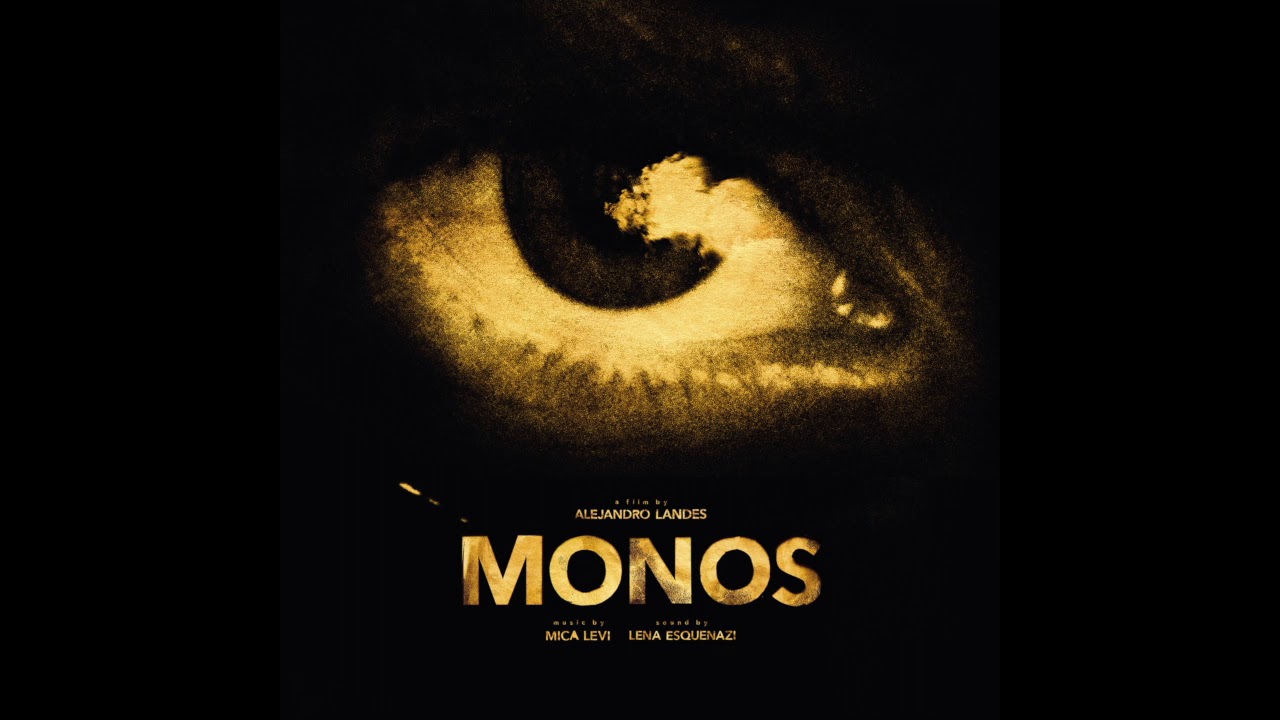While film music has been steadily infiltrated by composers beyond the classical world for decades, no one saw Mica Levi coming. Her debut score for Jonathan Glazer’s Under The Skin had the impact of a meteor, making some traditional composers seem prehistoric in comparison, with her haunting melodies and abstract textures transfixing audiences. Levi then put her spin on more traditional material with Pablo Larrain’s Jackie, which earned her an Academy Award nomination. Now she’s back with the task of scoring the haunting war picture Monos, which won Best Film at the 2019 London Film Festival. The film, like Levi’s music, is not so easily put into a box.
Directed by Alejandro Landes, the Colombian-Ecuadorian filmmaker who garnered attention with his 2011 film Porfirio (a true story about a paraplegic man who hijacked an airliner to make government officials pay attention to his plight), Monos is a picture fraught with razor-sharp tension and grit that’s somewhere between Lord of the Flies and Apocalypse Now. A group of teenagers live on top of a South American mountain training for an eventual conflict, their only contact a messenger who acts on behalf of some kind of paramilitary group but begrudgingly looks after them, even supplying them with a borrowed cow. Indeed, children need their milk. Of course, this all goes awry; the hostage they’re guarding escapes, the cow is accidentally shot to death, and power squabbles cause multiple schisms. And then in steps in Levi’s music.
"It’s a real mix of different things," Levi says, whose music is sparsely distributed throughout the film. "I hoped it has a kind of sharp edge to it, that it finds and matches the tiger-like expertise the kids in the film have." Levi’s score sounds instinctive, and its first appearance in the film is an intense and wavering synth melody, juddering away while the Monos train, their bodies and stamina being mercilessly pushed by the Messenger. But the tune isn’t brutal, there’s a warmth to it despite what it sounds like, which seems to illustrate the contradiction of what is less a group and more a family – albeit an incredibly dysfunctional one.
Levi, however, says her way of working doesn’t necessarily look at it that way. "Sometimes it’s really superficial and other times it is emotional, but I just try and write. I’ll watch the film and then I’ll start to make material and I’ll write music how I always write music. For me, that’s not really a thought process."
Levi said she hadn’t read anything from Monos, preferring to experience the film blind before deciding what to do. "I don’t know if I had clear thoughts straight away, but I definitely had a strong reaction." Levi then worked with Landes to establish the sonic tone. "We worked on it together after I put forward my initial instincts and reactions. The directions were coming a lot from the film he cut, but he was able to say why he didn’t think an idea would work or why it did, or what he felt was lacking and what he was trying to do."
Levi’s use of score in the film is interestingly sparse, used more to punctuate than to traditionally underscore, giving a sense of foreboding, or portent. A Morricone-esque whistle sounds occasionally, at other times a thundering timpani roll, and even those have to contend with the diegetic sounds of the jungle, something Levi enjoyed juxtaposing her music with. "There’s a lot of rich sounds in the film to keep your ears busy. What I ended up making was quite distinctive and generally quite short. Not that much was cut, and the general placing of the music was pretty much there. In the film, Alejandro told me that there’s 22 minutes of music."
Even with the film not being easily categorised, the third act does have a more traditional structure that might put it into the realms of action cinema. Levi, however, says none of this classification affected the way she scored the film. "I’m not against it, it’s not a conscious effort to disregard it. The moments where there’s action, mostly towards the end with the chase sequence, I feel like it’s quite traditional what I’ve done with the music. Sometimes you hear drumming that sounds maybe like djembe drum patterns, what that ended up being there was more of a cat and mouse situation. It just seemed to fit."
The soundtrack to Monos has been issued by Invada Records and Lakeshore Records, and Levi is pleased with their handling of the record as well as the pedigree of Invada’s owner, the equally talented film composer Geoff Barrow. "Invada in Bristol were great, and it’s good company to be in. Everyone who works there is really into manufacturing records, they take a lot of care about that." Levi put together the record herself, admitting, "That’s something I oversee. It’s quite short. I would have liked more of the sound from the film on the record, but I only got sent a minute of jungle ambience."
It’s clear that there’s a kind of purity in the way Levi works and the projects she chooses, something somewhat unencumbered by studio executives and multiple producers. Her philosophy is simple. "It’s about putting music to the picture and seeing how that works out. That doesn’t tend to happen much in the head."
Monos is in cinemas now




